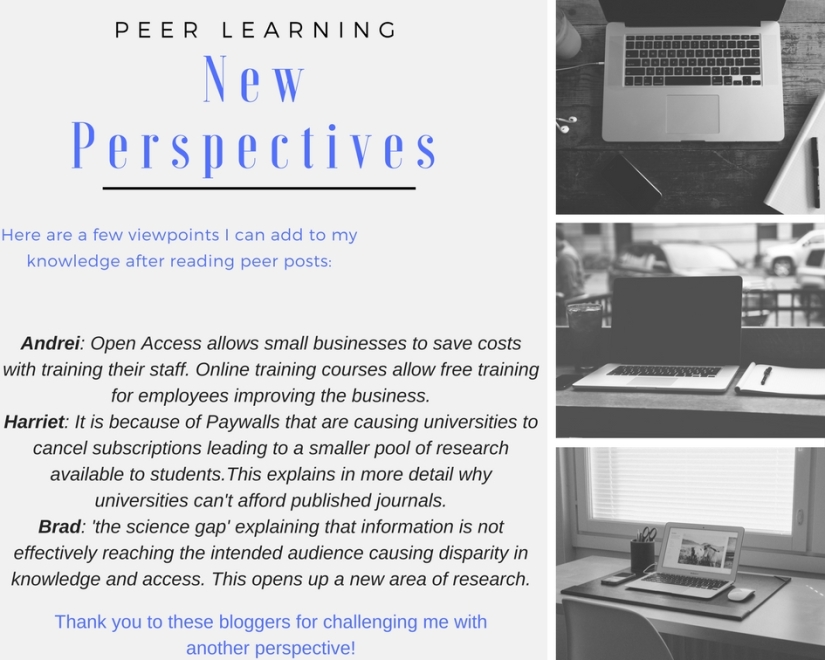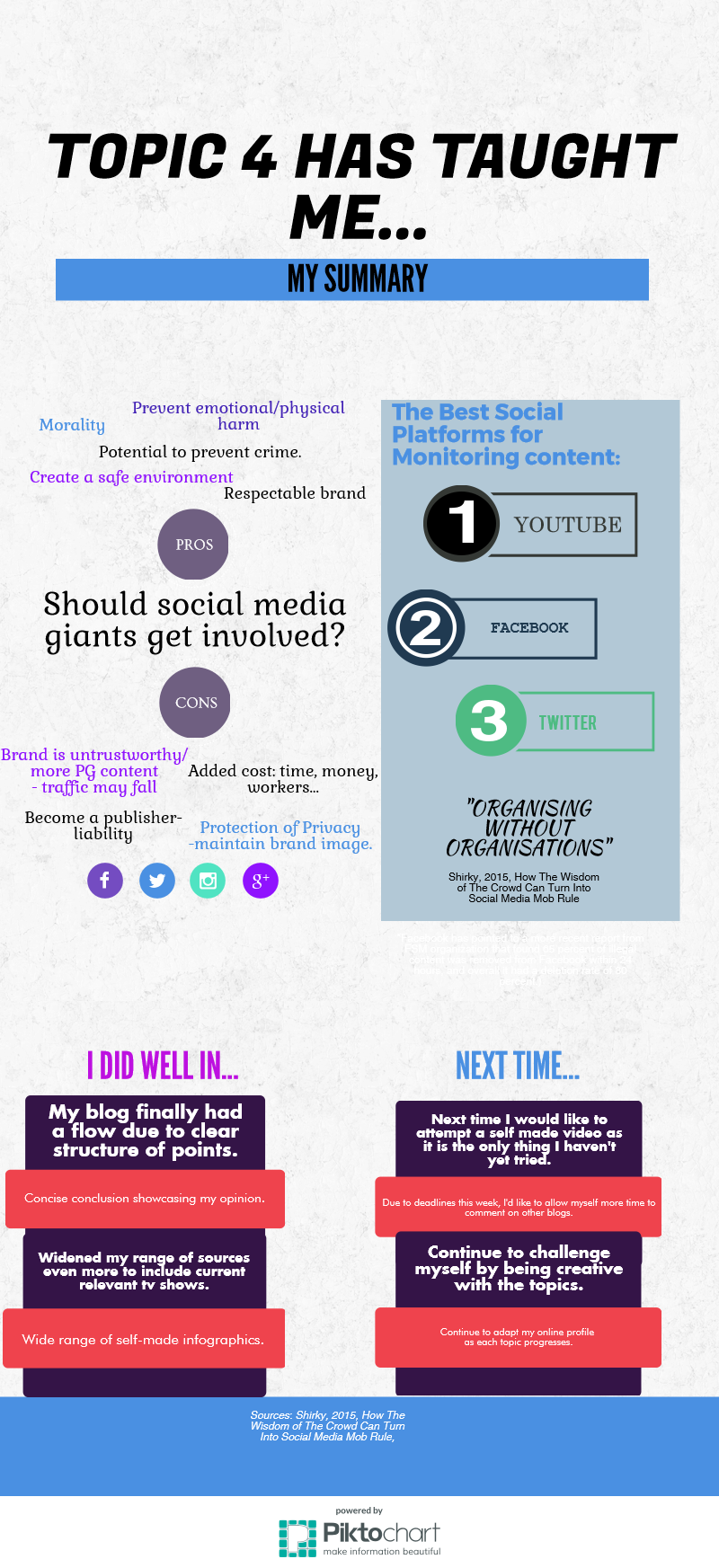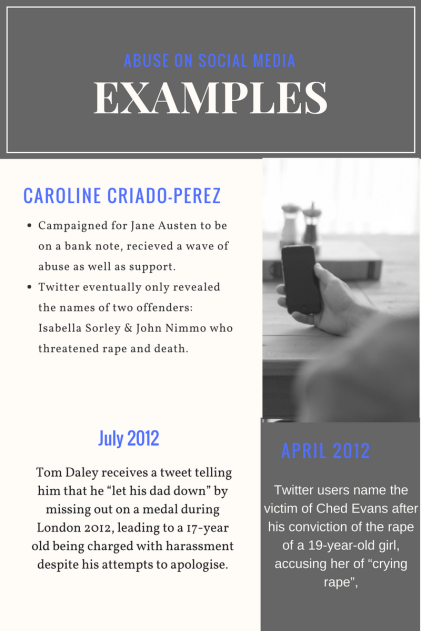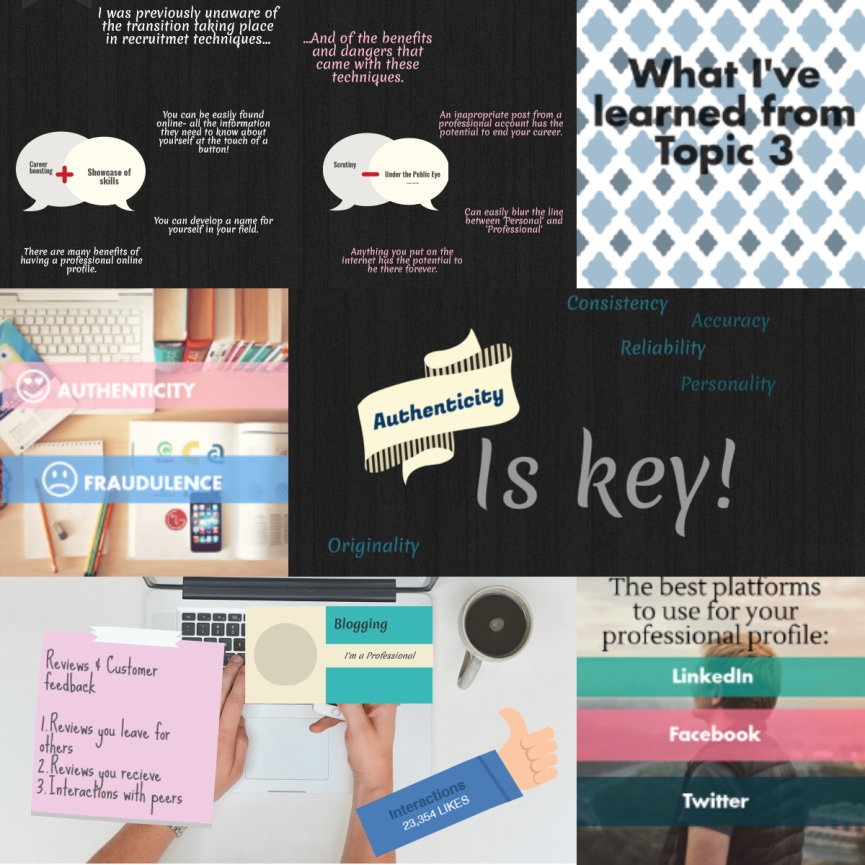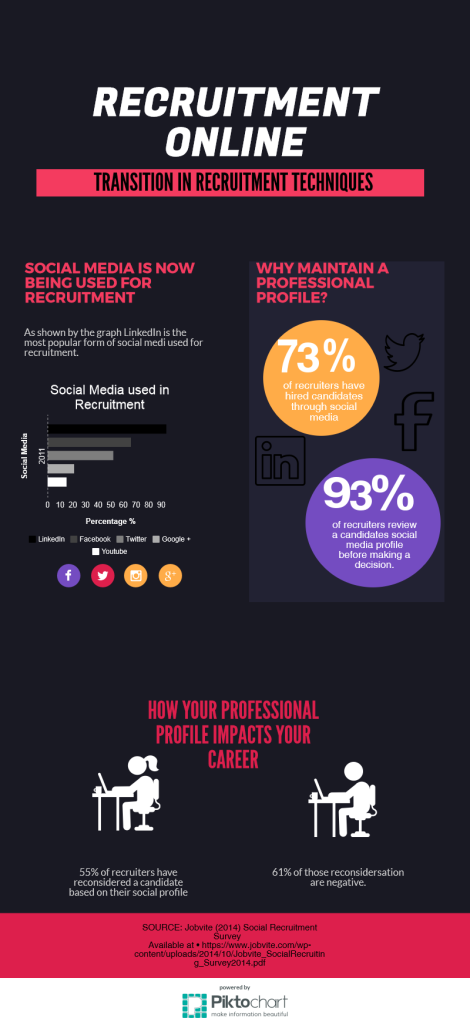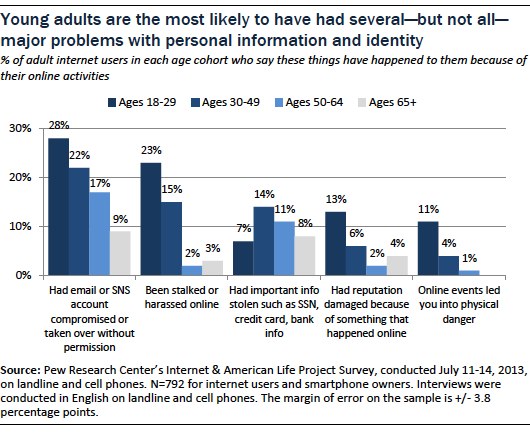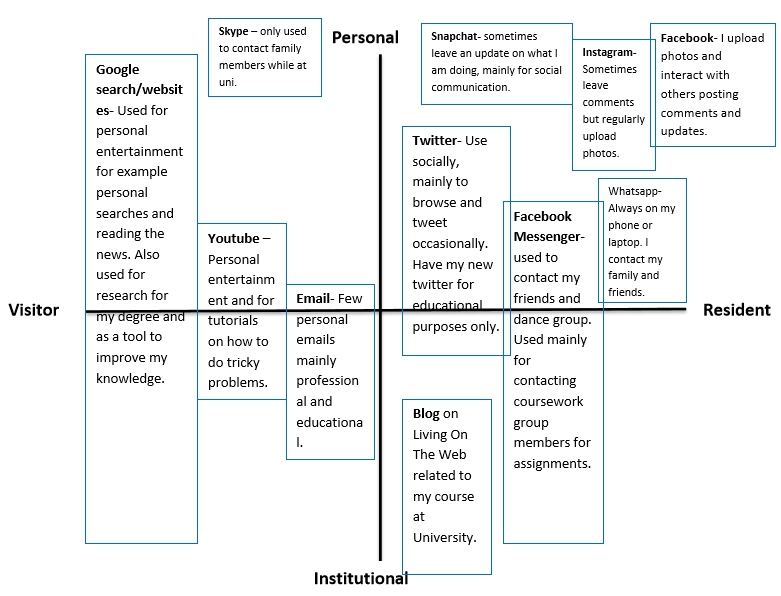
To New Beginnings…
As explained in my introduction, I decided to join UOSM2008 because I always had an interest in starting a blog, so I was optimistic about the skills I would learn and how I could use them to better my professional identity, and in the future make a name for myself online. I was blindly stepping into a module that would drastically help my tech beginner, naïve self. I had no knowledge of the online world beyond social media and funny cat videos.
Continue reading →


